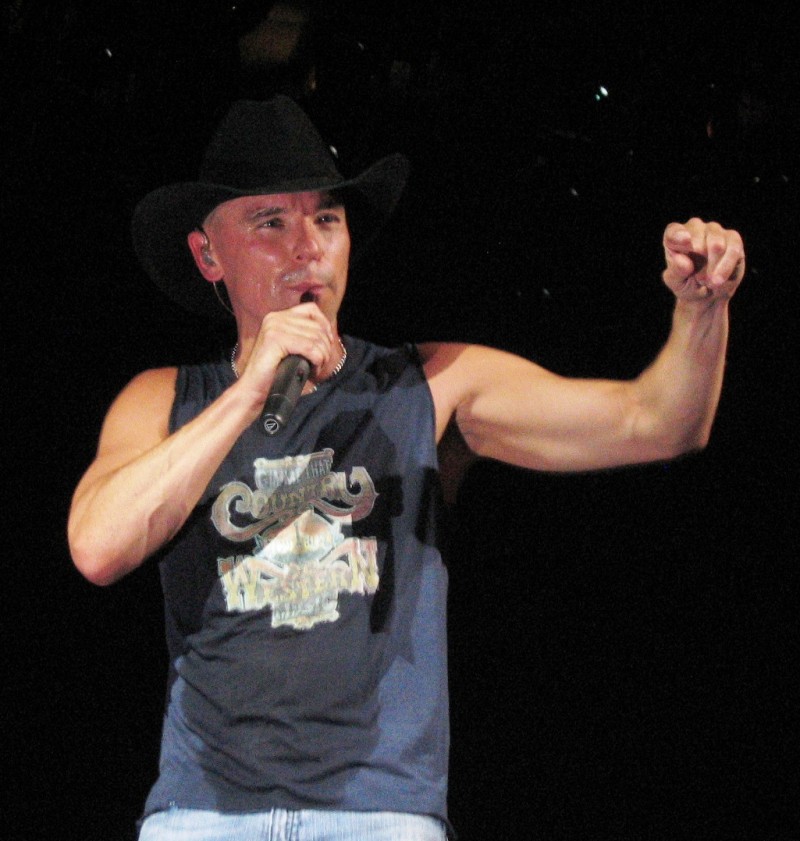Cleaning Up Country, It’s a Start
How do you think women are portrayed in modern country music? Are they “the beer-drinking, tailgate-sitting, daisy-duke wearing women” we imagine?
Kenny Chesney seems to think so telling Billboard, “Over the last several years, it seems like anytime anybody sings about a woman, she’s in cutoff jeans, drinking and on a tailgate — they objectify the hell out of them.”
In fact, the award winning country music star recently advocated a step towards cleaning up the classic representation of women in the genre saying “Twenty years ago, I might have written a song like that — I probably did. But I’m at a point where I want to say something different about women.” If you’re not familiar with the genre and its tropes, you can get an idea from Luke Bryan’s That’s My Kind of Night or Jason Aldean’s Just Getting’ Started, both of whom are incredibly well known artists in the industry.
Women in country music are perpetually stuck in a cycle where they rotate from being the focal point of a tailgate party, to the girl sitting in the passenger seat of a truck, to being the cause of heavy drinking in a break up. They seem to always be associated with situations that revolve around the singer’s habits and as a consequence are never portrayed as women with any agency or initiative of their own. Personally, I can’t say that there is any degradation in terms of humiliation associated with the image, though it does limit women to a specific role in the eyes and ears of viewers and that is not okay. As I’m thinking about this, I can’t help but be bombarded with images of how women are represented in other genres, mainly rap, and why it feels as though no one from that industry advocates a better representation of women in their genre of music. Perhaps this has to do with the reputation that the genre has created over time, and how any blatant statements about the lack of respect towards women in rap would prove damaging to its fan base.
Just for comparison we can take into account Juicy J’s Scholarship or Rick Ross’s Keep Doin’ That where it’s evident that women are featured as fated to satisfy a male spectator’s aesthetic or physical desires, and in the case that they aren’t women become replaceable.
So it’s safe to say that Kenny Chesney is taking a step towards changing a feature of music, at least in his genre, that he plainly views as unsatisfactory. It seems obvious to me that the next step would be for other leading artists in their respective genres to make more prominent assertions that the representation of women in music should be altered for the better.





